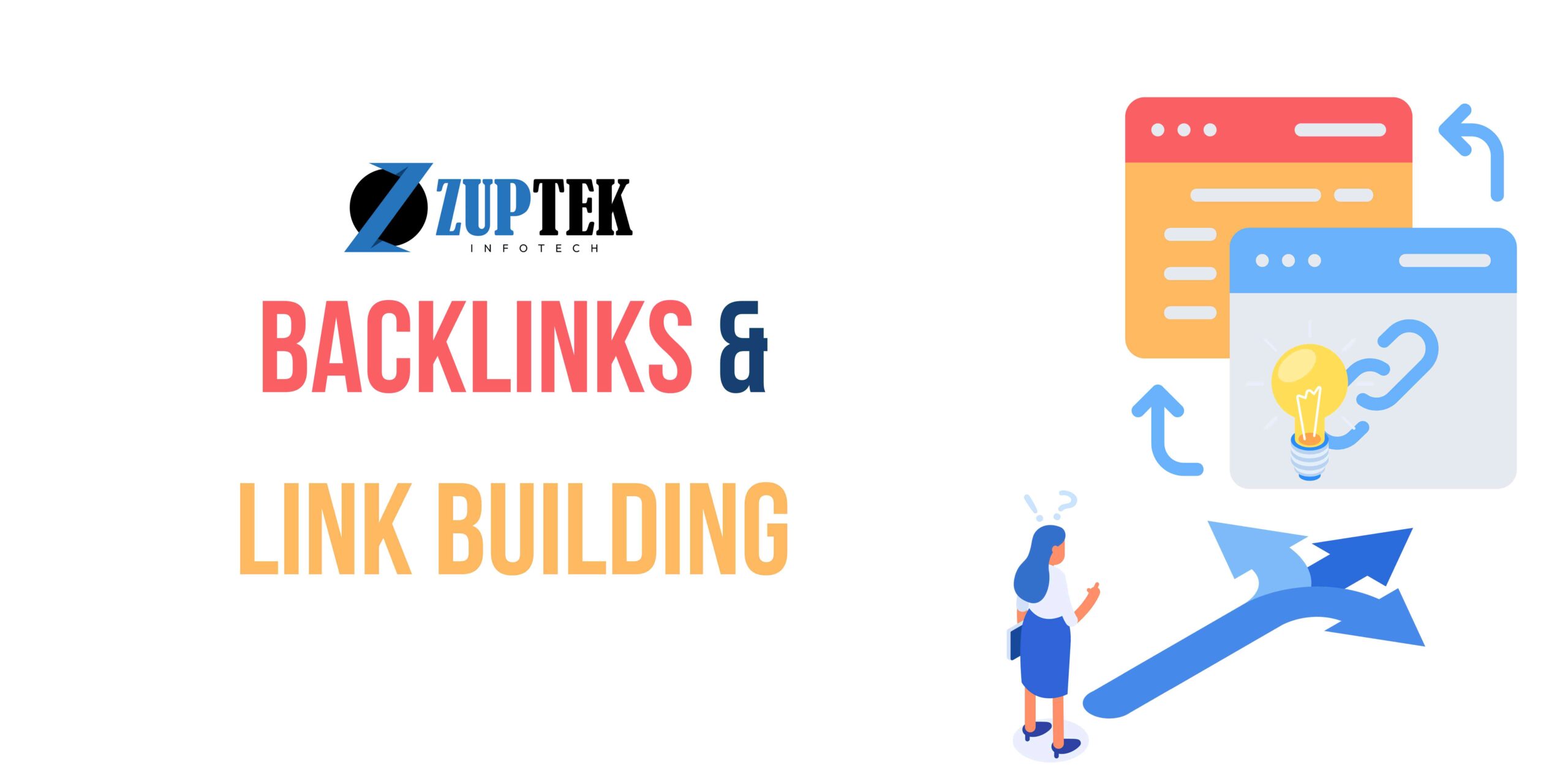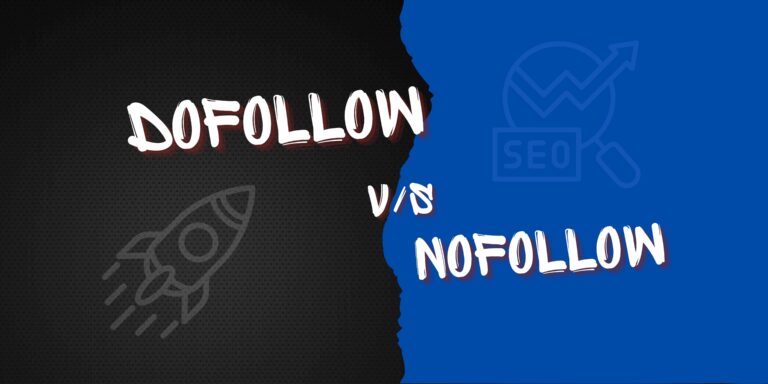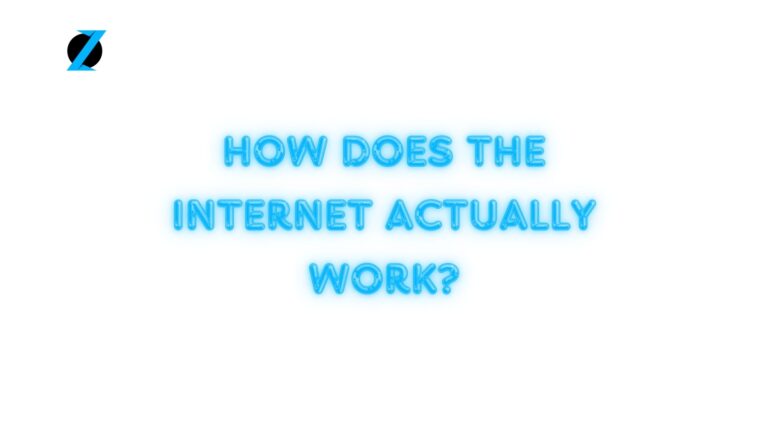Backlinks and Link Building
Contents
What exactly are backlinks and why are they so important for SEO? If you’re new to search engine optimization, you may have heard these terms thrown around but remain unsure of what they actually mean. Well, wonder no more! In this post, we’ll provide a beginner-friendly explanation of backlinks and link building so you can understand how to effectively utilize them in your own SEO strategy.
The Backlink Basics
Imagine the internet as a vast interconnected web. Each website is like a node, and backlinks are the threads that weave this intricate tapestry. A backlink is a hyperlink from one website to another. When Site A links to a page on Site B, it’s essentially vouching for Site B’s credibility and relevance. These digital endorsements matter—a lot!
For instance, if a popular recipe blog features a link to your mouthwatering chocolate chip cookie recipe, that’s a backlink! Backlinks serve as recommendations, telling search engines, “Hey, this website has valuable content worth checking out!“
Now, the quality of these recommendations matters. Links from authoritative, relevant websites carry more weight than those from low-quality sources. Imagine getting a glowing review from a renowned food critic versus a random comment on a recipe forum – the impact is vastly different, right?
The SEO Power of Backlinks
Why should you care about backlinks? Well, they’re like digital votes of confidence. Search engines (yes, Google, we’re looking at you) consider backlinks as a crucial ranking factor. The more high-quality backlinks your site accumulates, the better its chances of climbing those coveted search engine results pages (SERPs).
Backlinks also help search engines discover new pages on your site. If other authoritative sites are linking to a new page on your domain, search engines will crawling and index that page faster.
In summary, there are three main SEO benefits of backlinks:
- Increase search rankings and visibility
- Pass trust/authority signals to search engines
- Help search engines crawl new pages
What is Link Building?
Now that we understand what backlinks are and why they matter, let’s discuss how to actually go about getting these beneficial links. This process of strategically building quality backlinks to your site is called link building.
Link building involves proactively reaching out, networking, and creating relationships with other site owners in hopes that they will link back to your content. This requires research, outreach, and persistence over an extended period of time.
Types of Backlinks
Here are some of the most common link building tactics and strategies
- Natural Backlinks: These occur organically when other websites find your content valuable and link to it without any nudging. Think of it as a spontaneous applause from the internet crowd.
- Guest posting Backlinks– Write and submit guest posts to other blogs in your industry. Include a natural link back to your site in the bio or content.
- Link reclamation Backlinks– Reach out to sites that used to link to your old or broken pages and ask them to update the link.
- Strategic partnerships Backlinks– Collaborate with complementary yet non-competing sites to exchange links as part of an agreement.
- Contest and giveaways Backlinks– Organize competitions where participants must link to you for a chance to win a prize.
- Industry outreach Backlinks– Build relationships with key sites and writers in your space that cover related topics. Pitch them content ideas.
- Link inserts Backlinks– Add brand mentions/links into existing widely-shared content assets like Wikipedia, directories, lists, etc.
- Editorial Backlinks: When authoritative sites (think Forbes, BBC, or The New York Times) reference your content, it’s like getting a golden ticket to SEO stardom.
- Forum and Comment Backlinks: Participating in relevant forums or leaving insightful comments can earn you backlinks. Just don’t spam—quality matters.
The Dark Side: Toxic Backlinks
While most backlinks are beneficial, some types of links can actually hurt your SEO. These are often referred to as “toxic backlinks” and typically come from low-quality sites that Google deems spammy or manipulative. For example, a link from an unrelated website stuffed with keywords, a link farm, or a site with shady SEO practices would be considered toxic.
Google cares about link quality as well as quantity. Too many toxic backlinks can raise red flags, causing Google to distrust your site. At best, these bad links simply won’t count toward your ranking. But at worst, Google may see them as an attempt to manipulate search results and penalize your pages.
That’s why it’s important to be selective about who you build links with and regularly audit your backlink profile. Using Google Search Console and other tools, you can identify any sketchy sites linking to you and consider disavowing them. Focus on acquiring backlinks that come naturally from relevant, high-quality sites respected by Google. Quality over quantity is the name of the game when it comes to link building.
Let’s Wrap It Up
If you want to succeed with SEO, you must master the art of backlink building. As an SEO person myself, I can tell you that quality backlinks are crucial for boosting your authority and rankings. Backlinks act as votes of confidence that signal to search engines your content is worthwhile. By securing backlinks from reputable websites through valuable content creation, outreach, and ethical tactics, you can steadily build authority and climb the rankings for your target keywords.
Always be wary of toxic links from low-quality sites, which can actually hurt your efforts. I’ve made this mistake before! With a patient, quality-focused approach, your link building endeavors will pay dividends in the form of increased organic traffic and visibility over the long-term. Treat link building as an ongoing process, not a quick fix, for sustainable SEO gains. I’m still building links for my site after many years in this field, and you should too.
Let me know in the comments if you have any other backlink building questions!

Hey SEOs, I’m Maharshi – your friendly neighborhood search expert. I’ve been in the SEO game for 5+ years and want to share my knowledge with you.
On this blog, we’ll explore practical tips to boost your search rankings. No confusing lingo, just straightforward advice to master search engines. Think of me as your SEO guide. I’ll walk you through optimizing website code, creating engaging content, understanding Google’s algorithms, and more.
We’ll cover everything from keywords to site speed using the latest, most effective strategies. My goal is to demystify SEO so you can start searching smarter.
Sound good? Buckle up and let’s get started! I promise an educational (and maybe even fun) ride into the world of search engine optimization. No shady tricks, just proven techniques to grow your online presence.
Let’s do this!


![How to make career in SEO Field? [Full Guide]](https://guide.zuptek.com/wp-content/uploads/2023/12/How-to-make-career-in-SEO-Field-Full-Guide-1-768x432.jpg)




very informative post thanks for sharing this.